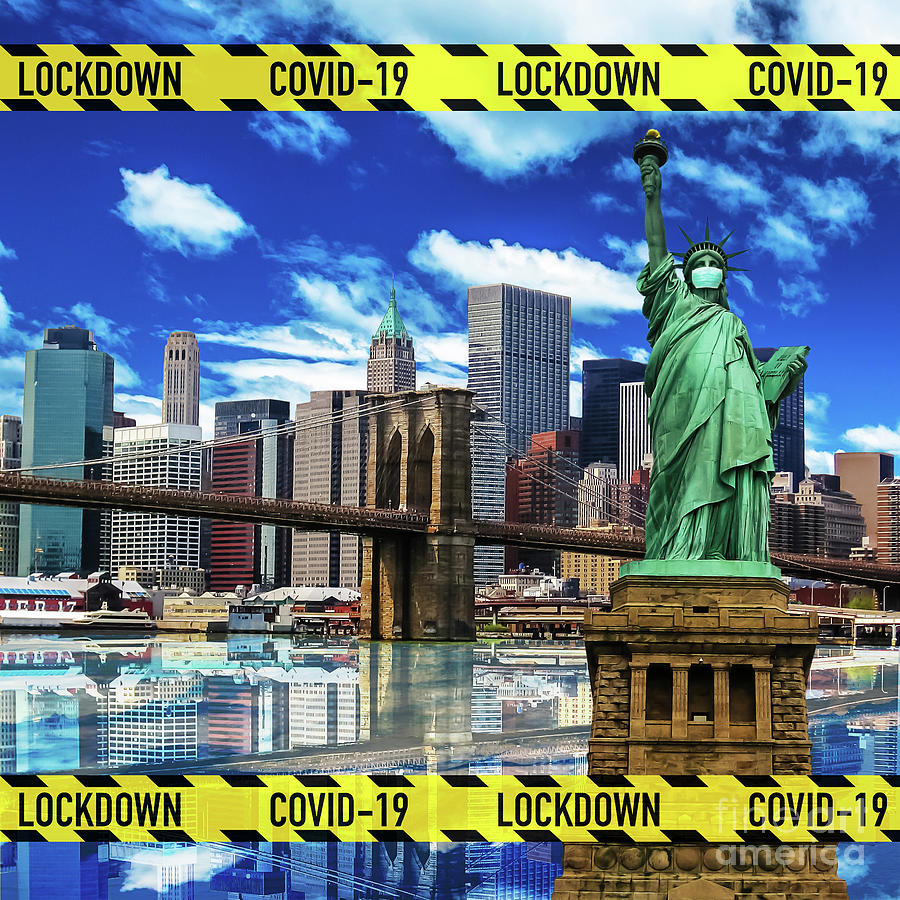

Congress had passed the first of three federal financial aid packages, the Coronavirus Aid, Relief, and Economic Security (CARES) Act, which included money to help schools with emergency costs related to mitigating the spread of the virus and supporting students.School buildings faced a near-total shutdown nationwide, and.Education Week had recorded the first death of an educator linked to the virus,.COVID-19 had been declared a global pandemic by The World Health Organization,.25, 2020, with a blunt call for school and district leaders, staff, and families to prepare for the coming disruption: “You should ask your children’s schools about their plans for school dismissals or school closures,” Nancy Messonnier, an official at the Centers for Disease Control and Prevention, said during a press briefing that day. It became a center of the coronavirus culture wars.Educators’ two-year journey with the coronavirus pandemic started as early as Feb. Presti and its owner, Keith McAlarney, 47, repeatedly violated city lockdown rules intended to reduce the spread of the virus - something the men said they felt infringed on their personal liberties. The bar he used to manage, Mac’s Public House, was shut down last year by the city after Mr. On Staten Island, Daniel Presti was helping set up a friend’s bar on Victory Boulevard on Friday evening. Others say the increasing cases are not changing their behavior at all. “I am just starting to get scared all over again.” “As I am going to sleep for the past two weeks now, something in my heart just keeps telling me to get him vaccinated,” Ms. Last week, an outbreak at Camp Pontiac in Columbia County, N.Y., had sickened more than 30 campers, all of them too young to receive vaccines. Matos took her 12-year-old son, Cleon Clarke, to Lincoln Medical Center in Mott Haven where they both got vaccinated, fearful that he might contract the virus when he leaves soon for sleep-away camp in Pennsylvania. “I feel like they were just experimenting, and I didn’t want to be an experiment.” About 45 percent of residents are vaccinated in the borough, the lowest vaccination rate in the city. Matos said as she watched her nieces play in a fountain in a park in the South Bronx over the weekend. As the variant known as Delta entrenches across the city, there are questions in its wake: Is this simply what the future looks like? Despite a maskless, celebratory summer of social closeness, is the pandemic forever?įor some, like Julissa Matos, 31, the news has changed decisions about getting vaccinated: “I did not want to get vaccinated,” Ms. Perhaps the only shared emotion is uncertainty.

For others, the spiking rates, and the fact that if infected, few vaccinated people fall gravely ill, portend a new reality of cohabiting with the virus - maybe indefinitely. Today, the coronavirus has crept back, in a new, more infectious form that has driven up cases and hospitalizations, primarily among those still refusing vaccination, sending a city just staggering back to life into a tailspin.įor some New Yorkers, scarred from the thousands of deaths at the pandemic’s painful peak, every new case, though few in comparison, comes with pit-of-the-stomach foreboding. Just a month ago officials declared it fully open for business masks slipped to chins and restaurants packed in customers as vaccines rolled out. For a fleeting moment, New York was a city reveling in itself.


 0 kommentar(er)
0 kommentar(er)
